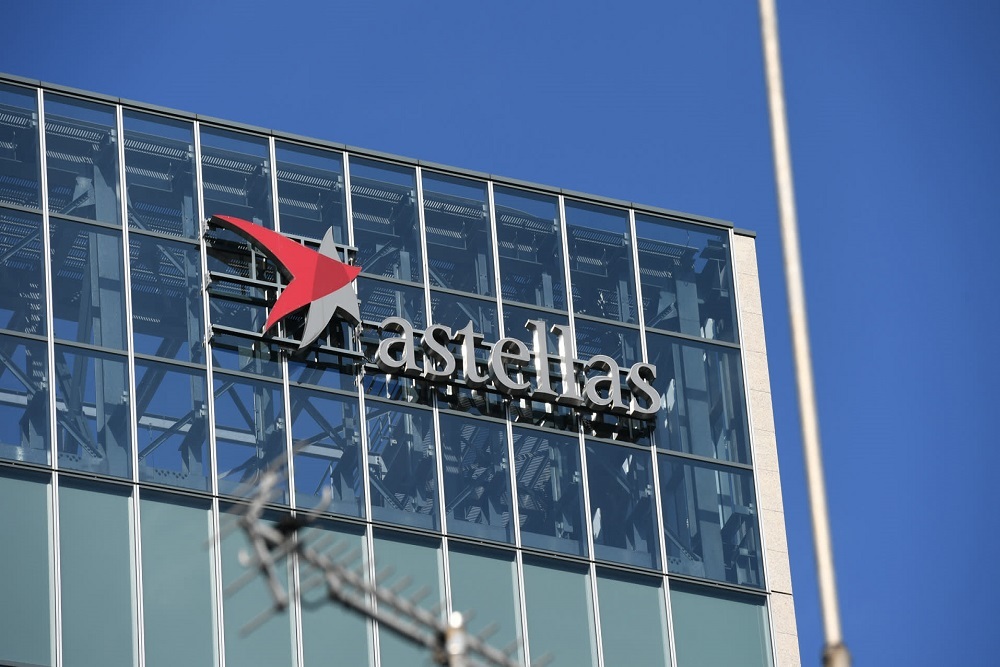A federal appeals panel has agreed an insurer can be compelled to pay up to $10 million to a client faced with covering a $100 million settlement ending a federal action accusing it of kickbacks and fraud.
Federal Insurance Company counts among its clients Astellas Pharma, which paid the federal government $100 million to end litigation alleging it violated the Anti-Kickback Statute and False Claims Act through contributions to plans intended to help cancer patients cover costs of expensive new drug treatment.
Through a breach of contract lawsuit, Federal Insurance sought a ruling declaring state law forbids its directors-and-officers liability policy from covering part of that settlement.
However, U.S. District Judge Franklin Valderrama ruled in favor of Astellas. Federal Insurance then challenged the ruling before the U.S. Seventh Circuit Court of Appeals.
Seventh Circuit Judge David Hamilton wrote the panel’s opinion, issued May 3; Circuit Judges Ilana Rovner and Michael Scudder concurred.
The prevailing legal question, according to the panel, is the distinction between compensatory damages, as Astellas framed its settlement, or genuine restitution owed to the victims of intentional wrongdoing, the latter of which is not eligible for liability coverage under state law.
“Further, in cases of ambiguity and uncertainty,” Hamilton wrote, “Illinois favors settlements and freedom of contract, and Federal wrote its insurance policy to try to extend insurance coverage to the very limit of what Illinois law would allow in such cases.”
Concerns about patient assistance plans violating federal law date to 2005 Congressional amendment of Medicaid, the panel said, should they be operated in ways that are “effectively rewarding doctors and patients for choosing to use particular drugs.” To be compliant, such plans must “avoid illegally channeling contributions by drug makers to patients and impermissibly influencing their drug choices.”
The government’s allegations against Astellas describe just such a scenario in connection with Xtandi, a drug used to treat metastatic prostate cancer that cost $7,800 per month, of which Medicare covered roughly $6,000. Astellas was concurrently paying into payment assistance plans through the Chronic Disease Fund and Patient Network Foundation.
“Apparently, these two funds kept running out of money,” Hamilton wrote. “In May 2013, an Astellas marketing executive encouraged both the Chronic Disease Fund and the Patient Network Foundation to create special funds that would provide co-pay assistance for only androgen receptor inhibitors like Xtandi and just a few other medications.”
Although court records say lawyers from all three entities considered November 2005 regulatory guidance, and although Astellas only gave $27 million to the two funds over a few months in 2013, it gave nearly $130 million to broader prostate cancer funds through 2016, which ultimately led to a U.S. Department of Justice investigation. Astellas settled in April 2019, agreeing to pay $100 million and, for tax purposes, labeling $50 million of that payment as federal restitution.
In reviewing policy language, the panel said Federal didn’t rely on exclusions for loss payments stemming from final adjudications, as the case never proceeded to trial, “but these exclusions may tell us something about the scope of the policy.” Judge Valderrama determined those exclusions could inform analysis regarding intent, a finding the panel supported.
Specifically, because the policy includes the word “settlements” under a heading for what losses are covered, Hamilton wrote, “these ‘final adjudication’ exclusions confirm that the parties intended to cover even settlement payments to resolve allegations of illegal remuneration, deliberate fraudulent acts and willful violations of law.”
The panel said it appeared Federal “was willing to extend coverage, if permissible, to settlements even for claims for deliberate fraud and willful violations of the law, so long as there was no final adjudication.”
Although Illinois law does prohibit insurance coverage for losses from settlement payments deemed restitutionary, Hamilton wrote, state statue also distinguishes between restitution and compensation in a way that aligns with Astellas’ position. Because the DOJ refined its prosecution of Astellas to focus on the financial impact of the payment assistance plans on Medicaid, the money Astellas paid as settlement was compensation under the law, not restitution.
To prevail, the panel continued, Federal would have to show the $100 million Astellas paid the federal government originally belonged to the government — not just compensation for loss but disgorgement of fraudulent gains — and the fact “potential claims sounded in fraud is not decisive,” Hamilton wrote. “In other words, the settlement agreement alone cannot do the work that Federal needs.”
The panel further detailed how Federal’s argument relied on its perception of the DOJ’s strategy in prosecuting Astellas and said the federal investigation and accusations aren’t enough to establish the resulting settlement is uninsurable. It said Illinois law favors settlements and explained accepting Federal’s arguments would ultimately run counter to that preference.
“Federal has not called into question Astellas’ good faith in seeking legal advice before proceeding with the patient assistance program contributions,” Hamilton wrote. “Federal has not come forward with evidence that would allow a reasonable jury to find that Astellas acted with fraudulent intent, let alone that the settlement of the potential claims was entirely restitutionary.”
Astellas has been represented by attorney Nicole C. Henning and others with the firm of Jones Day, of Chicago.
Federal Insurance has been represented by attorneys Jonathan D. Hacker and Jenya Godina, of the firm of O'Melveny & Myers, of Washington, D.C.
